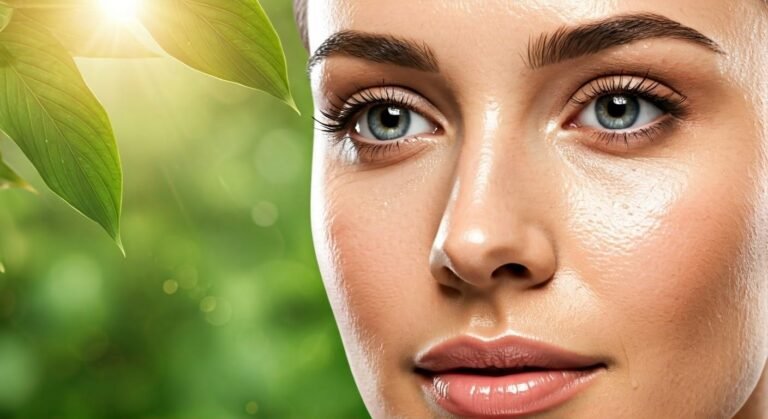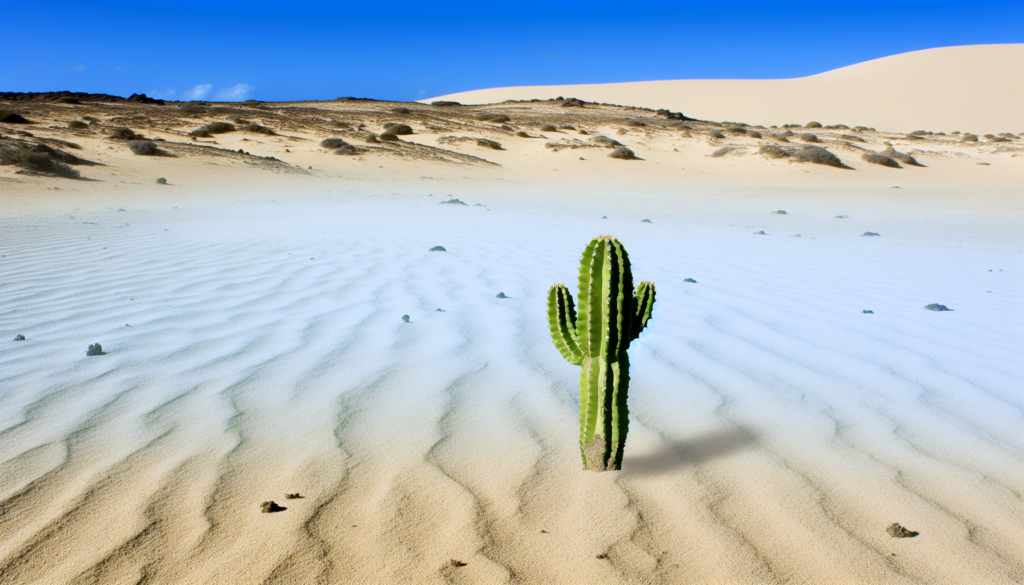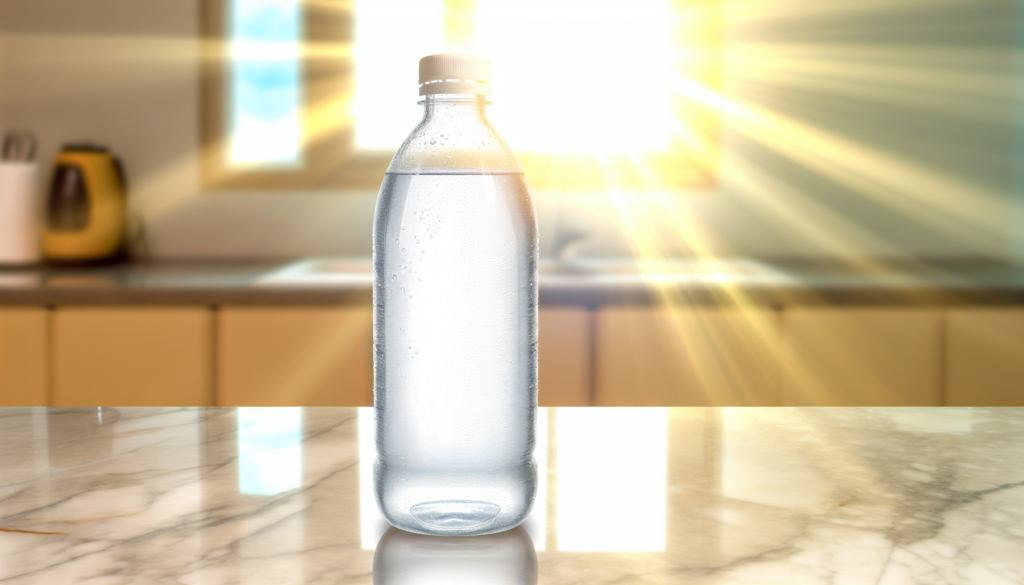Dry skin on the face is a common concern that affects people of all ages and skin types. Whether it’s due to environmental factors, genetics, or improper skincare, dry skin can be uncomfortable and even impact your confidence. In this article, we’ll explore 10 dry skin pictures on faces, discuss the causes and symptoms, and provide practical solutions to help you achieve a healthier, more hydrated complexion. By understanding the root of the problem and implementing effective skincare strategies, you can restore your skin’s natural moisture barrier and maintain a radiant glow.
What Does Dry Skin on the Face Look Like?
Dry skin on the face can manifest in various ways, depending on its severity and underlying causes. Here are some common characteristics you might notice:
- Flaky or peeling skin: Small, white flakes may appear, especially around the nose, cheeks, and forehead.
- Redness or irritation: Dry skin often becomes inflamed, leading to redness or a blotchy appearance.
- Tightness or discomfort: Your skin may feel tight, especially after cleansing or exposure to harsh weather.
- Dullness: A lack of moisture can make your skin appear lifeless and less radiant.
- Fine lines or cracks: Severe dryness can lead to visible cracks or fine lines, particularly in sensitive areas.
These symptoms can vary from mild to severe, and understanding their causes is the first step toward finding the right solution.
Common Causes of Dry Skin on the Face
Several factors can contribute to dry skin on the face. Identifying the root cause can help you tailor your skincare routine for better results. Here are some of the most common culprits:
Environmental Factors
Harsh weather conditions, such as cold winters or dry climates, can strip your skin of its natural moisture. Additionally, excessive sun exposure can damage the skin’s barrier, leading to dehydration.
Over-Cleansing or Harsh Products
Using cleansers or exfoliants that are too harsh can disrupt your skin’s natural oils. Over-cleansing, especially with hot water, can also exacerbate dryness.
Aging
As we age, our skin produces less oil, making it more prone to dryness. This is why mature skin often requires richer, more hydrating products.
Medical Conditions
Certain skin conditions, such as eczema, psoriasis, or dermatitis, can cause chronic dryness and require specialized treatment.
Lifestyle Habits
Dehydration, poor diet, and lack of sleep can all impact your skin’s health. Smoking and excessive alcohol consumption can also contribute to dryness.
Symptoms of Dry Skin on the Face
Recognizing the symptoms of dry skin is essential for addressing the issue effectively. Here are some signs to watch out for:
- Itching or irritation: Dry skin often feels itchy, which can lead to scratching and further damage.
- Rough texture: Your skin may feel uneven or rough to the touch.
- Sensitivity: Dry skin is more prone to irritation from skincare products or environmental factors.
- Visible cracks: In severe cases, the skin may crack, leading to discomfort and potential infection.
If you notice any of these symptoms, it’s important to take action to restore your skin’s moisture balance.
Effective Solutions for Dry Skin on the Face
Treating dry skin on the face requires a combination of lifestyle changes and targeted skincare practices. Here are some proven solutions to help you achieve a hydrated, healthy complexion:
Switch to a Gentle Cleanser
Avoid harsh cleansers that strip your skin of its natural oils. Opt for a gentle, hydrating cleanser that cleans without over-drying. Look for ingredients like hyaluronic acid or ceramides, which help retain moisture.
Incorporate a Rich Moisturizer
A high-quality moisturizer is essential for combating dryness. Choose a product that contains nourishing ingredients like shea butter, glycerin, or squalane. Apply it immediately after cleansing to lock in moisture.
Use a Humidifier
If you live in a dry climate or spend a lot of time indoors with heating or air conditioning, a humidifier can help add moisture to the air and prevent your skin from drying out.
Protect Your Skin from the Sun
Sun exposure can worsen dryness and damage your skin’s barrier. Always wear a broad-spectrum sunscreen with at least SPF 30, even on cloudy days.
Stay Hydrated
Drinking plenty of water is crucial for maintaining skin hydration. Aim for at least eight glasses a day, and consider incorporating hydrating foods like cucumbers, watermelon, and oranges into your diet.
Avoid Hot Showers
Hot water can strip your skin of its natural oils, leading to dryness. Opt for lukewarm water when washing your face or showering.
Exfoliate Gently
Exfoliation can help remove dead skin cells and improve product absorption, but it’s important to do it gently. Use a mild exfoliant once or twice a week to avoid irritation.
Consider Professional Treatments
If your dry skin persists despite your best efforts, consult a dermatologist. They may recommend treatments like chemical peels, microdermabrasion, or prescription creams to address the issue.
Preventing Dry Skin on the Face
Prevention is always better than cure. Here are some tips to keep your skin hydrated and healthy:
- Follow a consistent skincare routine: Cleanse, moisturize, and protect your skin daily.
- Avoid irritants: Steer clear of products with alcohol, fragrances, or other potential irritants.
- Wear protective clothing: In cold weather, cover your face with a scarf to shield it from the elements.
- Eat a balanced diet: Foods rich in omega-3 fatty acids, vitamins, and antioxidants can support skin health.
When to See a Dermatologist
While most cases of dry skin can be managed with proper care, there are times when professional help is needed. Seek medical advice if:
- Your dry skin is severe or painful.
- You notice signs of infection, such as swelling or pus.
- Over-the-counter products aren’t providing relief.
- You suspect an underlying medical condition.
Conclusion
Dry skin on the face can be frustrating, but with the right knowledge and care, it’s entirely manageable. By understanding the causes and symptoms, and implementing effective solutions, you can restore your skin’s natural moisture and achieve a healthy, radiant complexion. If you found these tips helpful, feel free to share this article with your friends and followers! Together, we can all enjoy the benefits of well-hydrated, glowing skin.







